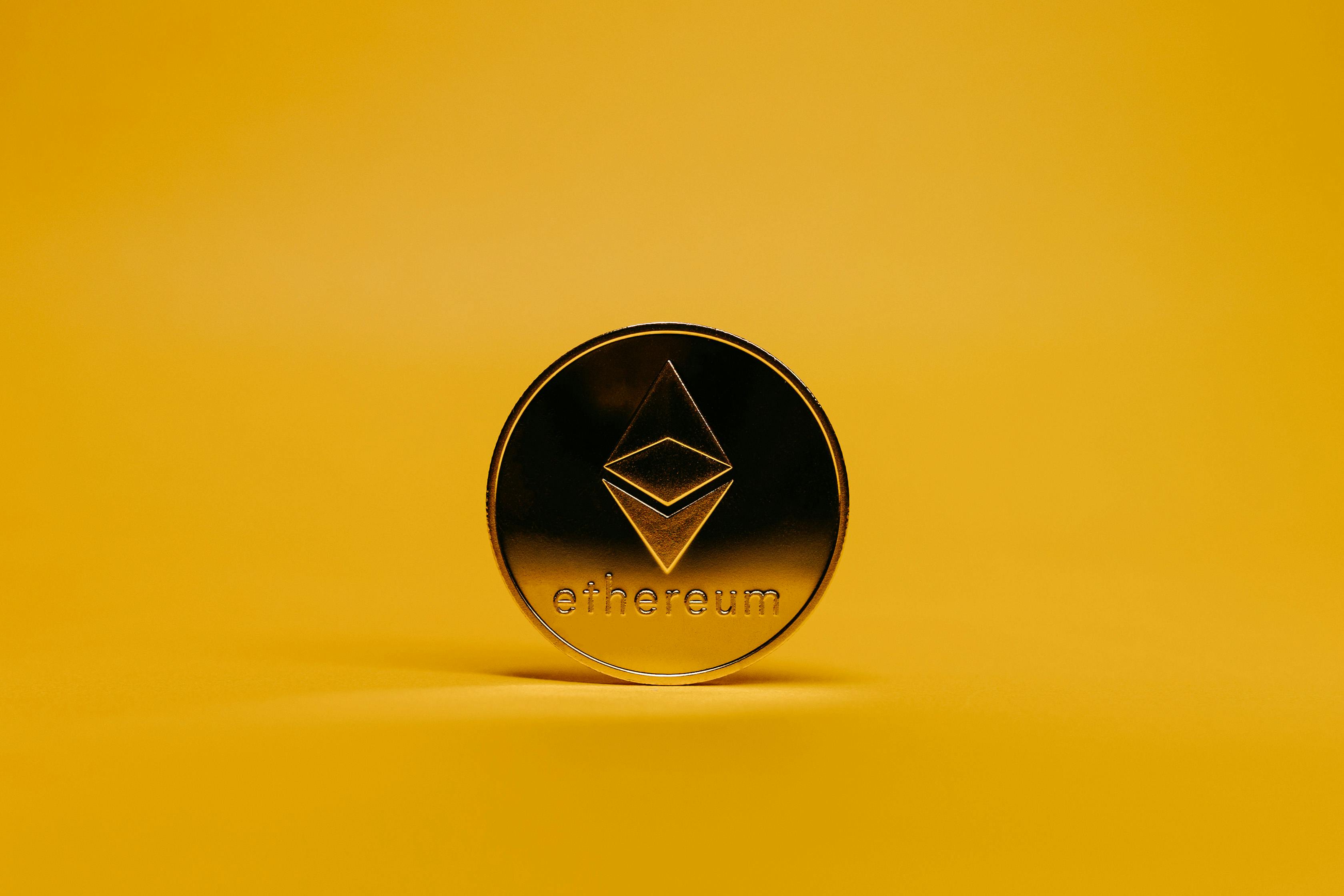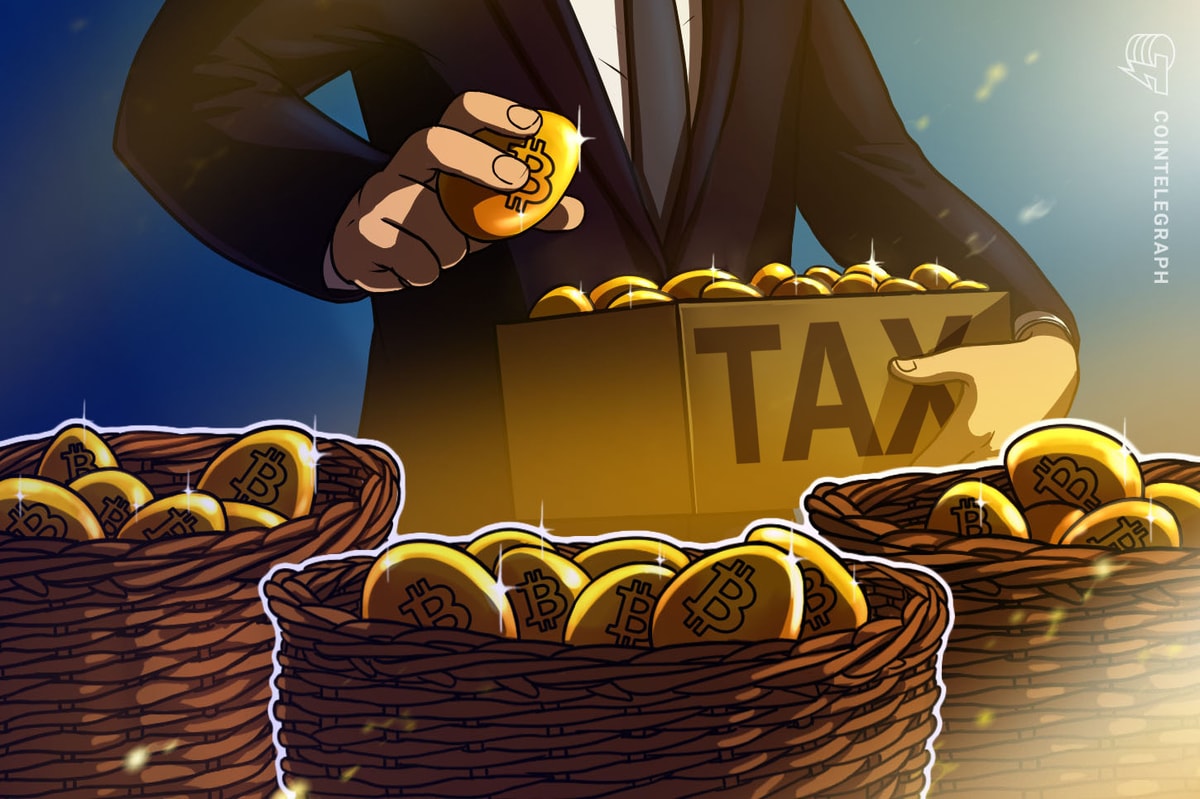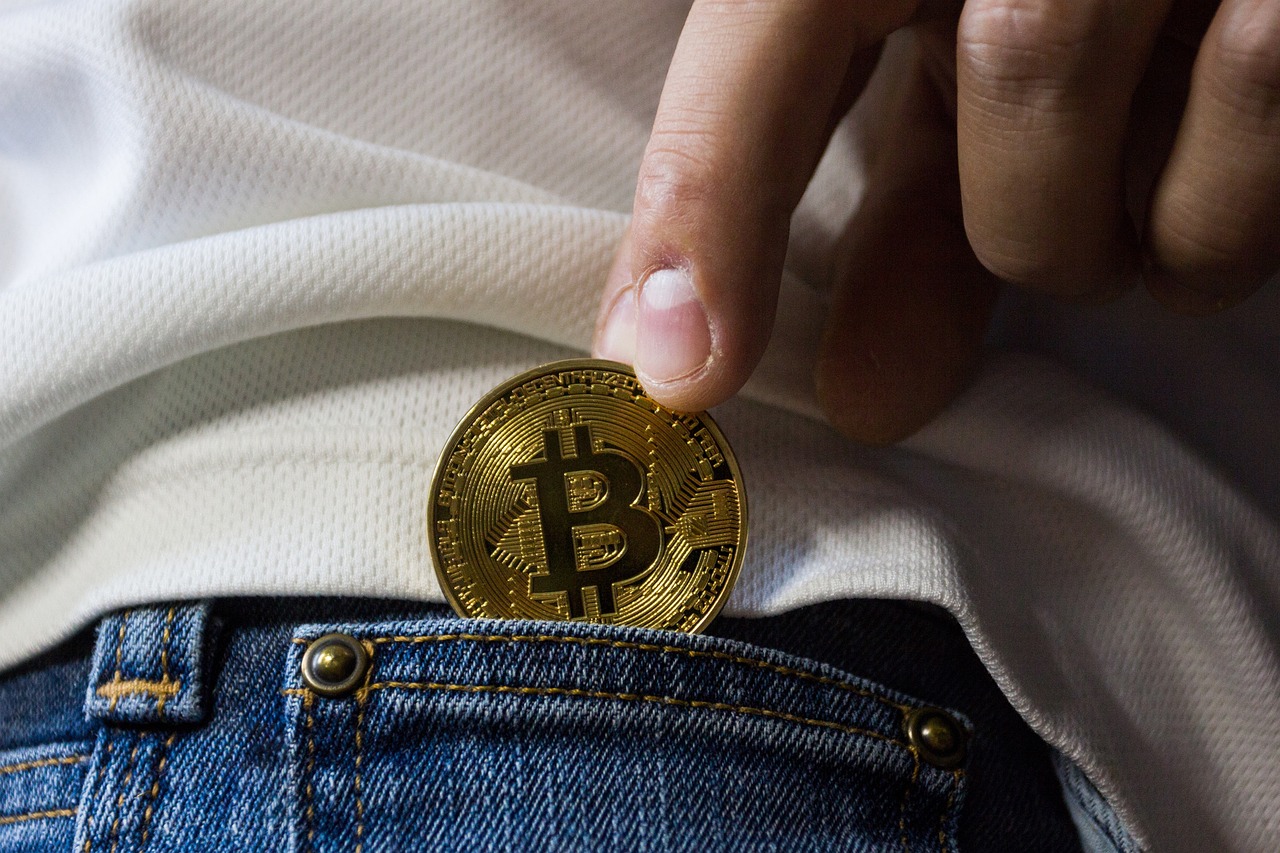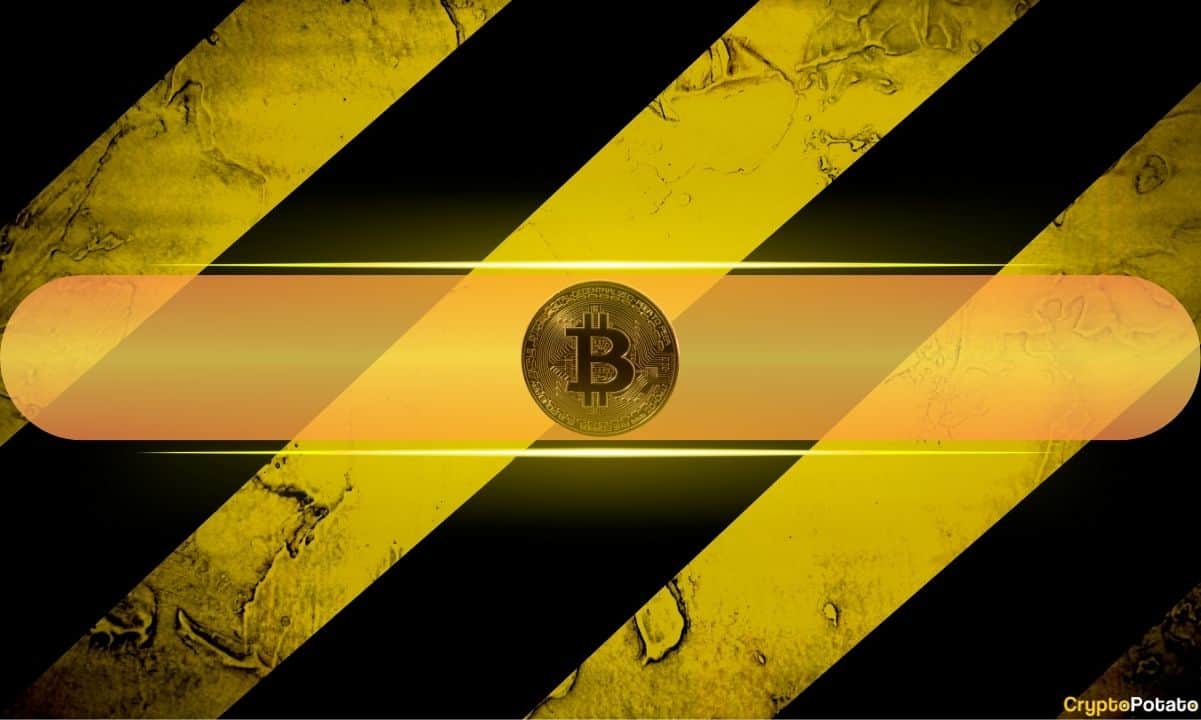Argentina’s federal anti-corruption authority has cleared President Javier Milei of any wrongdoing for his February support of the cryptocurrency token Libra.
The office mentioned that his social media endorsement was made in a personal capacity without using federal resources.
The anti-corruption office, operating under a government ministry, concluded that Milei’s X post promoting the token did not violate federal ethics laws governing public officials. However, a separate federal criminal court investigation into the matter remains ongoing.
What was the origin of the LIBRA controversy?
As part of a project named “Viva La Libertad” (Long Live Freedom), Delaware-registered corporation Kelsier Ventures introduced the Libra (LIBRA) token on Feb. 14. Within minutes of its launch, President Milei posted about it on his X account.
Additionally, he defined it as an endeavor to boost Argentine economic expansion by assisting startups and small enterprises with private investment made possible by blockchain technology.
Milei described the token as a valid private economic endeavor and posted the token’s blockchain contract address as part of his support.
Within 40 minutes, the price of LIBRA surged from near-zero to approximately $5 per token. It also reached a peak market capitalization of roughly $4.5 billion.
The euphoria proved short-lived as the token’s founders, who controlled approximately 70% of the total supply, liquidated their holdings at peak prices.
This massive sell-off triggered an 85% price collapse within hours. It also caused losses between $100 million and $250 million
Milei has consistently denied any improper conduct and maintained that his social media activity was intended to raise awareness about cryptocurrency’s potential to support Argentine businesses rather than encourage direct investment. The president emphasized that his posts followed a meeting with Libra’s founders and represented personal views.
The anti-corruption office’s decision focuses specifically on whether Milei violated ethics rules for public officials. They concluded that personal social media usage does not constitute improper use of government resources.
The ongoing federal criminal investigation examines different aspects of the case and potentially includes securities law violations and market manipulation charges. Criminal courts operate independently from administrative ethics reviews, which means separate legal proceedings could reach different conclusions.















![11 Best Crypto & Bitcoin Casinos in Australia [2025]](https://coincheckup.com/blog/wp-content/uploads/best-crypto-and-bitcoin-casinos-in-australia-coincheckup-1024x576.png)

 English (US) ·
English (US) ·